In the heart of Texas, where family and legacy reign supreme, understanding Tax Planning Strategies for Estates, Texas, is indispensable. This guide embarks on a journey through the essential strategies and legal concepts. It’s tailored to safeguard your assets and ensure your legacy thrives in the Lone Star State.
Imagine
A cowboy trying to lasso a tornado. That’s a bit like trying to grasp the complexities of estate tax planning in Texas! It might seem as wild as a bucking bronco at first, but with the right strategies, you can tame the beast and secure your legacy under the vast Texas sky. This guide isn’t just about dry tax laws; it’s your map to navigating the twists and turns of Tax Planning Strategies for Estates, Texas, with a sprinkle of Texas charm.
Why should you stick around for Tax Planning Strategies for Estates in Texas?
Well, if you’re keen on keeping your hard-earned assets from vanishing like a mirage in the desert, you’re in the right place. We’re going to share secrets that could save your estate a fortune and make sure your legacy shines brighter than the Lone Star. From gifting strategies that are as satisfying as a slice of pecan pie, to trusts that are sturdy as an oak, we’ve got you covered.
In short, everything about Tax Planning Strategies for Estates in Texas
This blog’s got the answers to keeping your estate’s taxes lower than a rattlesnake in a prairie dog hole. Stick around because you’re about to become the most savvy estate planner west of the Mississippi.
Deep Dive into Estate Tax Planning
Estate tax planning in Texas is not merely about distributing assets; it’s a strategic maneuver to shield your legacy from undue taxes. This process ensures that your estate transitions smoothly to your beneficiaries, minimizing the tax burden and aligning with your wishes.
The Power of the Estate Tax Exemption
The federal estate tax exemption stands as a bastion against the erosion of your estate through taxes. For Texans, leveraging this exemption means understanding its nuances—how it shields millions from taxes, and why early planning can secure your estate’s future.

Mastering Gift Tax Strategies
Gift tax strategies embody foresight. By annually gifting within the IRS exclusion limit, Texans can effectively reduce their estate size. This not only lessens the tax load but also allows for the joy of seeing beneficiaries benefit during your lifetime.
| Strategy | Description |
| Annual Gifting | Gift within IRS exclusion limits to reduce estate size tax-free each year. |
| Lifetime Gift Tax Exemption | Utilize the lifetime exemption to pass on assets to heirs without incurring federal gift tax. |
Trusts: The Backbone of Estate Planning
Trusts are versatile tools in the Texan estate planner’s arsenal. From Revocable Living Trusts, offering flexibility and control, to Irrevocable Trusts, freezing assets to evade taxes, these instruments are pivotal. They cater to diverse needs, from asset protection to minimizing estate taxes.
Charitable Giving: A Legacy of Generosity
In Texas, where community and benevolence are pillars, charitable giving in estate planning holds a special place. It’s a strategy that reduces your taxable estate while supporting causes close to your heart. Charitable trusts, in particular, offer a structured way to give back, yielding both tax benefits and personal fulfillment.
Life Insurance: Ensuring Liquidity and Legacy
Life insurance in Texas estate planning is a strategic move for liquidity and legacy preservation. By placing policies in irrevocable trusts, the proceeds are kept out of the taxable estate, ensuring that your loved ones are financially secure without a hefty tax bill.
FLPs and LLCs: Guarding the Family Fortune
Family Limited Partnerships and LLCs are key in Texas for managing and protecting family assets. These entities can centralize family assets management, offer protection from creditors, and potentially reduce estate taxes, keeping the family legacy intact for generations.

Spousal Portability: Maximizing Tax Exemptions
The concept of spousal portability is a boon for Texan couples. It allows the surviving spouse to utilize any unused exemption from their partner, doubling the shield against estate taxes. This strategy is a testament to the power of planning and partnership in estate preservation.
State Taxes: Advantage in Tax Planning Strategies for Estates in Texas
Texas stands out for its lack of state estate or inheritance taxes, offering a unique advantage in estate planning. However, understanding the interplay with federal taxes remains critical for Texans aiming to minimize their overall tax liability.
Global Considerations: Planning for Non-U.S. Citizens
For non-U.S. citizens residing in Texas, estate planning carries additional layers. Navigating between U.S. estate tax laws and the potential for double taxation requires precise planning and insights into treaties, ensuring that your global assets are protected under Texas skies.
Entrepreneurial Legacy: Business Succession Planning
For Texas business owners, succession planning is a critical component of estate planning. Strategies like buy-sell agreements ensure that your business transitions smoothly, securing your professional legacy while minimizing tax implications.
Digital Frontiers: Including Digital Assets
As the digital age embeds itself into every aspect of life, including digital assets in your estate plan is paramount. Texans must consider how to manage and bequeath digital assets, from social media accounts to cryptocurrency, ensuring a comprehensive legacy.
Staying Ahead: Navigating Law Changes
With tax laws ever-evolving, staying informed is crucial for Texans. Changes at the federal or state level can significantly impact estate planning strategies. Regular reviews and adjustments to your estate plan ensure compliance and optimization in the face of legal shifts.
Real Stories, Real Strategies: Tax Planning Strategies for Estates in Texas
Illustrating these strategies through case studies brings them to life. Consider the story of a Texan entrepreneur who utilized an FLP to manage and protect the family business, or the philanthropist who significantly reduced their taxable estate through charitable trusts. These stories underscore the practical impact of strategic estate planning.

The Final Word: Seeking Professional Guidance
In conclusion, while this guide illuminates the path through Tax Planning Strategies for Estates, Texas, the complexity of estate planning demands professional insight. Collaborating with a Texas-based estate planning attorney ensures your strategy is not only compliant but also perfectly tailored to your legacy vision.
And there you have it, folks—the wild ride through the terrain of Tax Planning Strategies for Estates, Texas, comes to a close. Like a sunset over the Texas Hill Country, our journey through the complexities of estate planning ends on a beautiful note. You came in like a tumbleweed rolling across the plains and now you’re standing tall like a cowboy at high noon, ready to face the tax challenges with a grin.
Remember, like any good Texas barbecue, estate planning is best when slow-cooked and savored. It’s not just about dodging the taxman’s lasso; it’s about crafting a legacy as enduring as a pair of well-worn cowboy boots.
So, should you take estate planning seriously? As seriously as a Texas chili cook-off. Keep reading because every Texan knows that the secret to a great legacy is in the preparation—and maybe a little bit of spice. Y’all have learned the tricks, the strategies, and the downright neighborly advice to keep your estate as flourishing as bluebonnets in spring. Now, go on and make your mark, partner!

Other Related Articles:
- Understanding the Texas Estate Taxes: Is Your Estate Subject To Taxation?
- Estate taxes: What are they and how to avoid them
- How To Minimize Estate Taxes in Texas
- Real Estate Evaluation in Texas Estate Planning
- Essential Estate Planning in Texas
- The Connection Between Texas Property Deeds and Property Taxes
- Exploring Alternatives: Beyond Protesting Taxes in Texas
- Top Strategies for Effectively Protesting Taxes in the Lone Star State
- Divorce Real Estate in Texas: Navigating Legal Complexities for a Seamless Transition
- Mastering Your Legacy: A Guide to Estate Planning in Texas
Frequently Asked Questions:
Texas does not impose an inheritance tax. However, planning for federal estate tax and considering gifts or trusts can further protect your estate.
Texas does not have a state estate tax, but estates may still be subject to federal estate taxes if they exceed federal exemption limits.
Irrevocable trusts, such as Bypass Trusts or Irrevocable Life Insurance Trusts, are often used to minimize estate taxes by excluding assets from the taxable estate.
Strategies include gifting within IRS limits, setting up trusts, converting IRA assets, and utilizing life insurance, all aimed at reducing the taxable estate.








